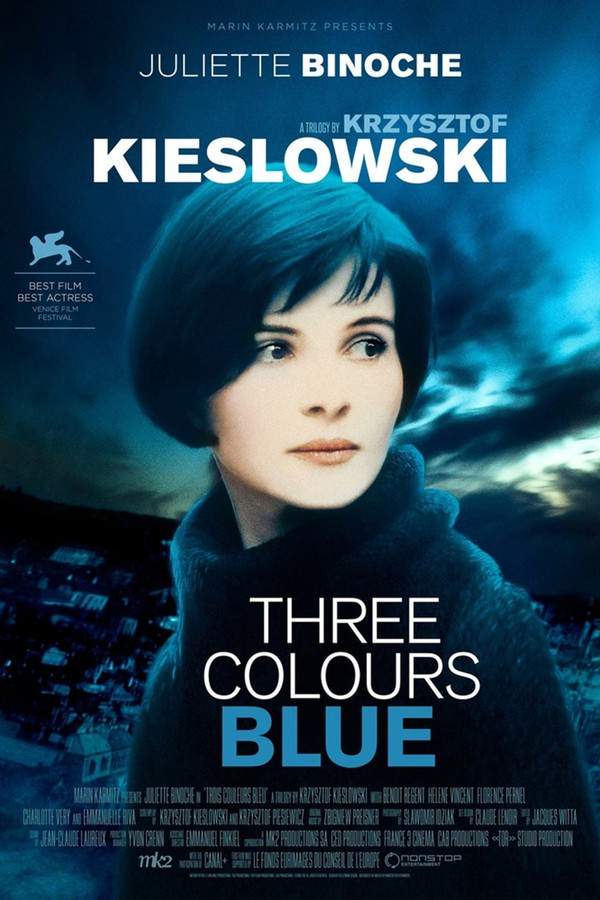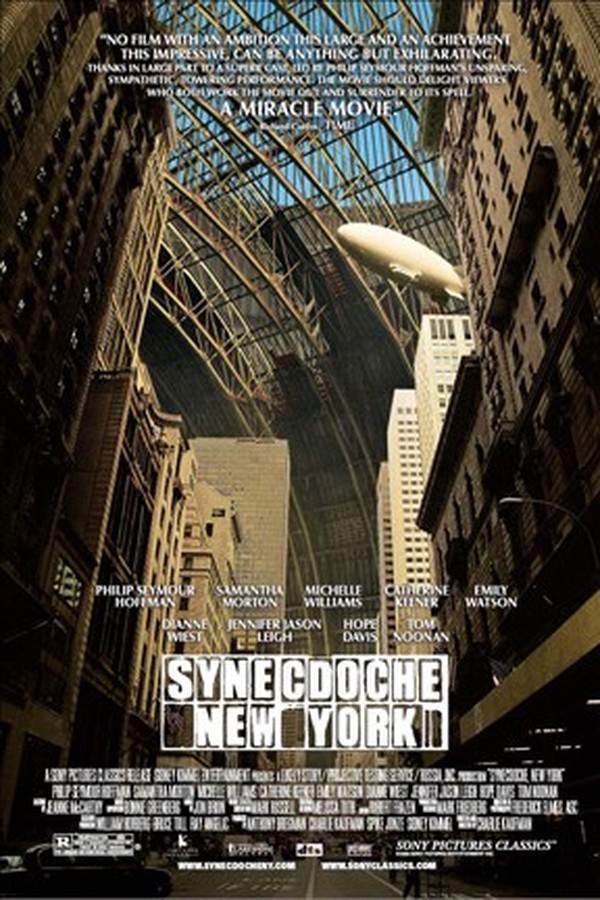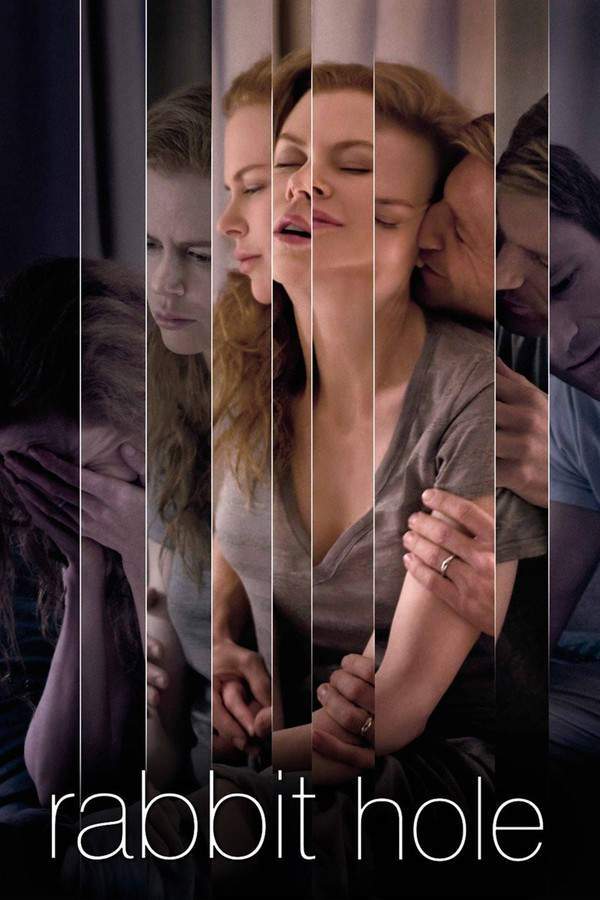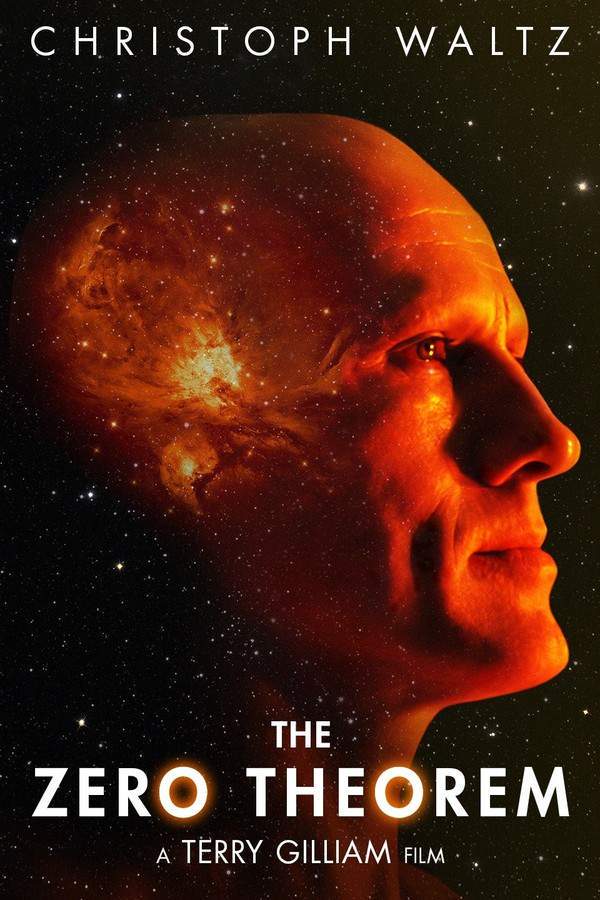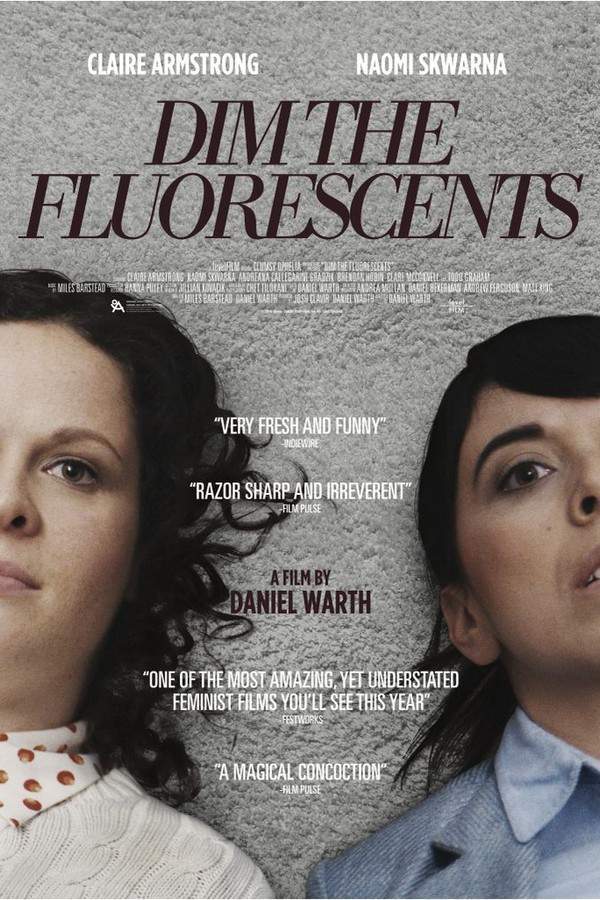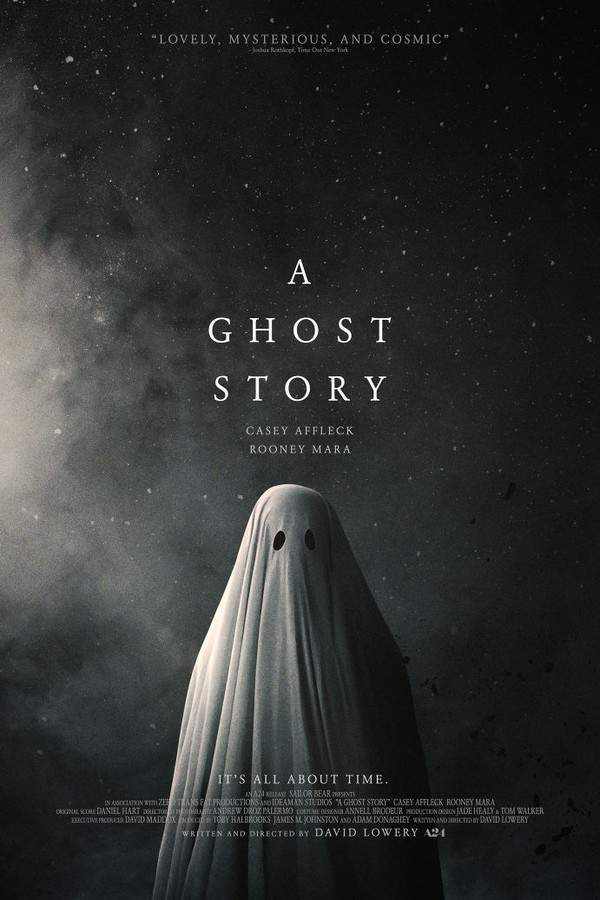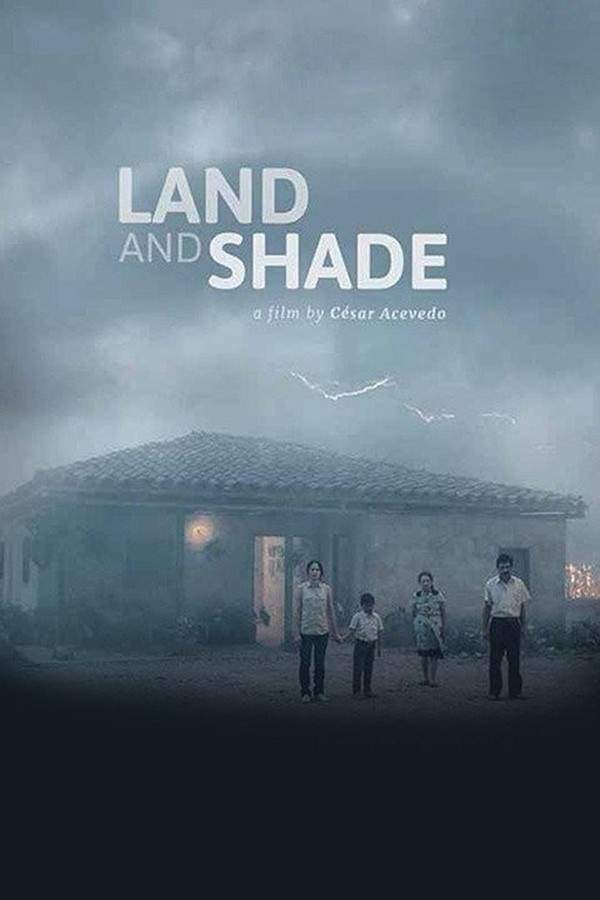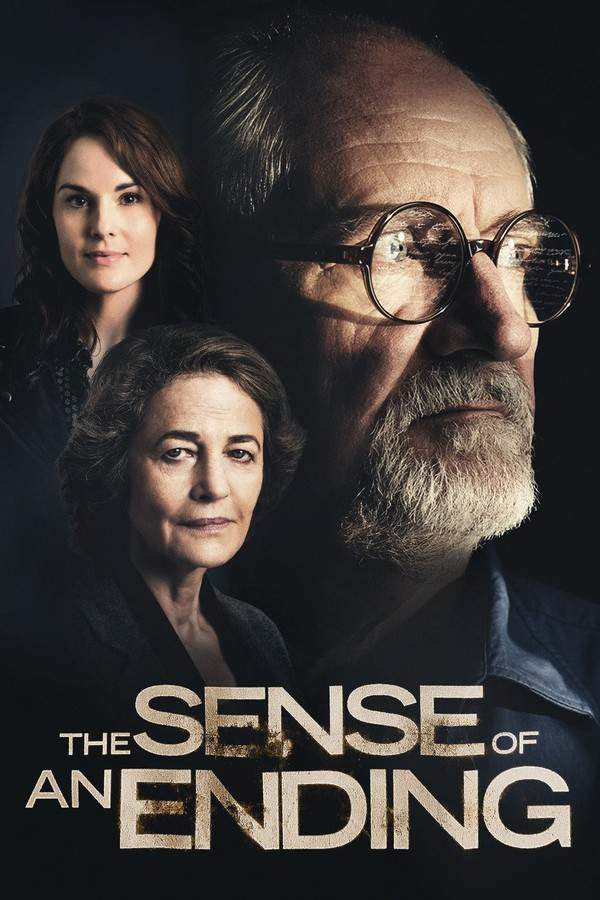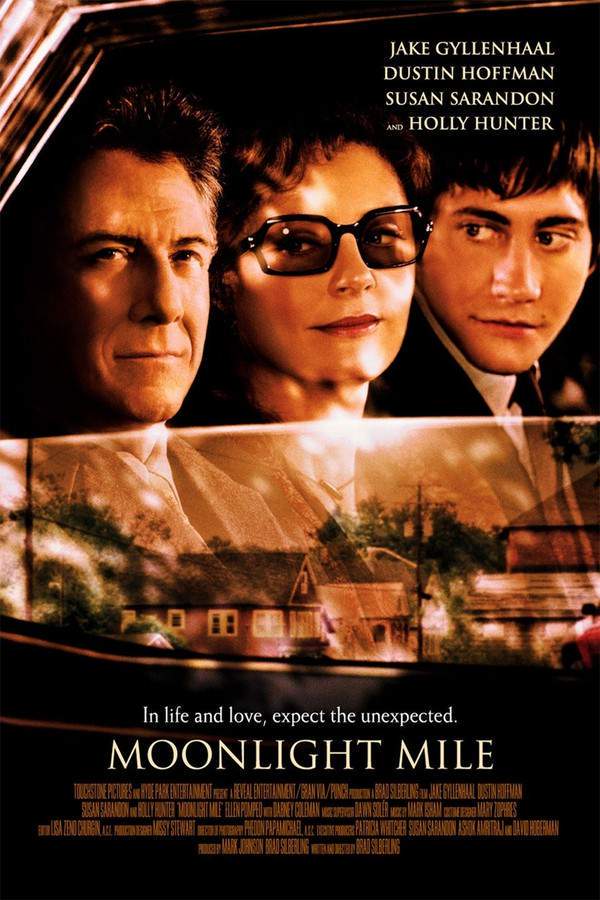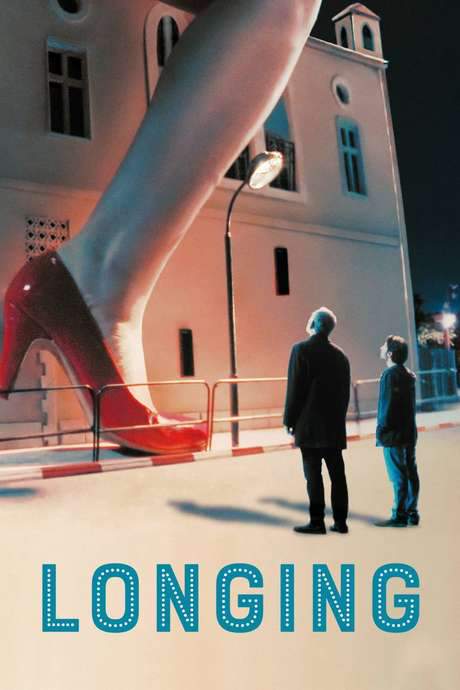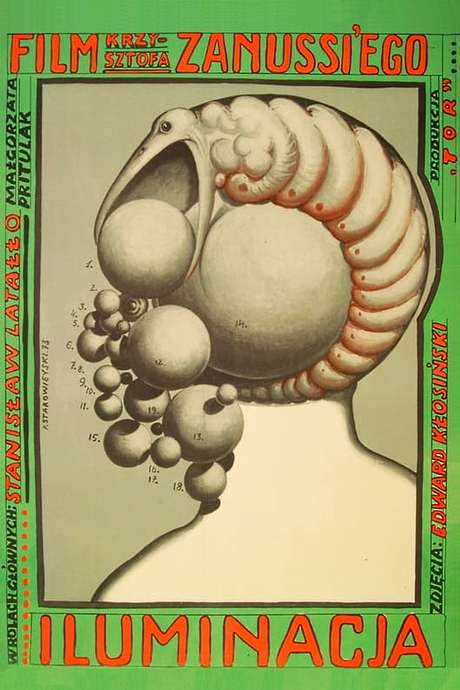
Illumination
Year: 1973
Runtime: 87 mins
Language: Polish
Director: Krzysztof Zanussi
Film chronicles a decade in the life of a young physics student whose absolute faith in the primacy of rationality and science is shaken by tragedy and affairs of the heart.
Warning: spoilers below!
Haven’t seen Illumination yet? This summary contains major spoilers. Bookmark the page, watch the movie, and come back for the full breakdown. If you're ready, scroll on and relive the story!
Illumination (1973) – Full Plot Summary & Ending Explained
Read the complete plot breakdown of Illumination (1973), including all key story events, major twists, and the ending explained in detail. Discover what really happened—and what it all means.
The film follows the life of Franciszek Retman, known to friends as Franek, as he is accepted into a physics program and begins shaping his path in academia. He forms a relationship with a fellow student, and they become a couple; however, after a party where Franek experiments with a joint of cannabis, he returns to her apartment to find her being assaulted by another man. He intervenes, is beaten, and his girlfriend suddenly rebuffs him, breaking up and casting him out onto the street. The heartbreak marks the start of a ferried course through ambition and consequence, and the narrative follows his quiet, relentless pursuit of knowledge against a backdrop of personal upheaval.
He is later seen among other students vacationing at a mountain lodge, where a planned climb to the peak becomes a crucible for his first real brush with death as a friend dies on the ascent. He visits the corpse at night, studying it by the glow of a burning match. It’s at this lodge that he meets Małgosia and falls in love; the romance deepens until they decide to elope, sealing a new, shared life amid mounting pressures.
A professor’s discussion about his future settings frames Franek’s growing realization that his academic trajectory must accelerate if he’s to leave a mark in physics. Intercut with slides showing young Einstein and Planck, the sequence underscores the idea that brilliance often appears early, urging him to push forward despite obstacles.
His path takes a turn when he enters military service, during which Małgosia reveals she is pregnant. Franek marries her, and the child is born, but the family’s finances strain him enough to force a pause in his formal studies. He takes a job in a hospital, evaluating medical equipment, participating in sleep studies for extra money, and eventually becoming a full orderly. The dreamlike episodes of his sleep studies merge with his waking life, offering stark glimpses of fear and fate: he dreams of being trapped in a courtyard while strangers peer from windows, and a man with an axe chases Małgosia and their child.
In the hospital world, Franek becomes involved in brain surgeries and research exploring schizophrenia, including the use of electrodes to stimulate different brain areas. He forges a friendship with a patient—a mathematician whose brain tumor triggers epileptic fits. After the tumor’s removal, the mathematician dies, and Franek assists a colleague in the autopsy. The moment exposes him to a chilling detachment: when asked what happens to the brain, he is told it will be archived as a textbook example. Disgusted by this cold approach, Franek steals the brain and destroys it, a pivotal act that marks his deepening disillusionment with the clinical gaze.
Seeking answers beyond science, he visits a monastery, hoping for existential clarity. A dream sequence follows—an image of a monk’s death entombed, then a montage of rotting corpses in catacombs—before the story turns back to his return to academia. He resumes his studies with renewed vigor, earns a doctorate, and begins a career as a researcher and lecturer. Time moves swiftly as he witnesses the 1968 Polish political crisis on the radio, and after he finally publishes his first paper, he collapses while playing with his son. A doctor informs him that his heart issues stem from aging, and that things are unlikely to improve as they once did. At the riverside, alongside his wife and child, he watches driftwood float downstream, a quiet, somber coda to a life spent chasing knowledge.
Throughout the film, there are frequent interludes of lectures and chalkboard diagrams that address existential questions about physics and biology—the nature of time, the sense of self, and the human impulse to understand. These moments frame Franek’s journey, weaving intellectual inquiry with intimate, sometimes destabilizing experiences, and they reinforce the sense that education and ambition are inseparable from the human longing to find meaning in a world where mortality is never far away.
Last Updated: October 09, 2025 at 12:40
Explore Movie Threads
Discover curated groups of movies connected by mood, themes, and story style. Browse collections built around emotion, atmosphere, and narrative focus to easily find films that match what you feel like watching right now.
Movies about the crisis of rationality like Illumination
Stories where intellectual certainty is eroded by the messiness of life and emotion.Explore films similar to Illumination, where intellectual faith is undone by life's complexities. This list features philosophical dramas and character studies about scientists and thinkers facing grief, love, and mortality, prompting a search for meaning beyond pure logic. If you like movies about science vs. faith, you'll find similar stories here.
Narrative Summary
The narrative pattern typically begins with a character firmly embedded in a rational worldview. A catalytic event—often a loss, an illness, or a profound emotional connection—initiates a slow-burn deconstruction of their beliefs. The story unfolds through internal conflict and philosophical questioning rather than external action, leading to a nuanced, often bittersweet, acceptance of life's ambiguities.
Why These Movies?
They are grouped together by their central thematic conflict between intellect and emotion, science and faith. They share a meditative, melancholic tone, a deliberate pacing that allows for deep reflection, and a focus on the heavy emotional weight of intellectual and existential disillusionment.
Slow-burn melancholy dramas like Illumination
Character-driven dramas steeped in a pervasive, reflective sadness over time.Find movies that share the slow, melancholic feel of Illumination. This collection features character-driven dramas with a heavy emotional weight, focusing on themes like grief, loss, and existential reflection. If you appreciated the deliberate pacing and pervasive sadness of Illumination, you'll discover similar contemplative films here.
Narrative Summary
Stories in this thread are less about dramatic plot twists and more about the emotional and psychological arcs of their characters. They often span long periods, using time to deepen the sense of loss and change. The narrative structure is linear or gently reflective, building a profound, resonant sadness through quiet moments and philosophical undertones.
Why These Movies?
They are united by a dominant melancholic tone, a slow and deliberate pacing that allows the mood to saturate the viewing experience, and a heavy emotional weight centered on sadness and reflection. The shared vibe is one of quiet, thoughtful, and pervasive sorrow.
Unlock the Full Story of Illumination
Don't stop at just watching — explore Illumination in full detail. From the complete plot summary and scene-by-scene timeline to character breakdowns, thematic analysis, and a deep dive into the ending — every page helps you truly understand what Illumination is all about. Plus, discover what's next after the movie.
Illumination Timeline
Track the full timeline of Illumination with every major event arranged chronologically. Perfect for decoding non-linear storytelling, flashbacks, or parallel narratives with a clear scene-by-scene breakdown.

Characters, Settings & Themes in Illumination
Discover the characters, locations, and core themes that shape Illumination. Get insights into symbolic elements, setting significance, and deeper narrative meaning — ideal for thematic analysis and movie breakdowns.

Illumination Spoiler-Free Summary
Get a quick, spoiler-free overview of Illumination that covers the main plot points and key details without revealing any major twists or spoilers. Perfect for those who want to know what to expect before diving in.

More About Illumination
Visit What's After the Movie to explore more about Illumination: box office results, cast and crew info, production details, post-credit scenes, and external links — all in one place for movie fans and researchers.


